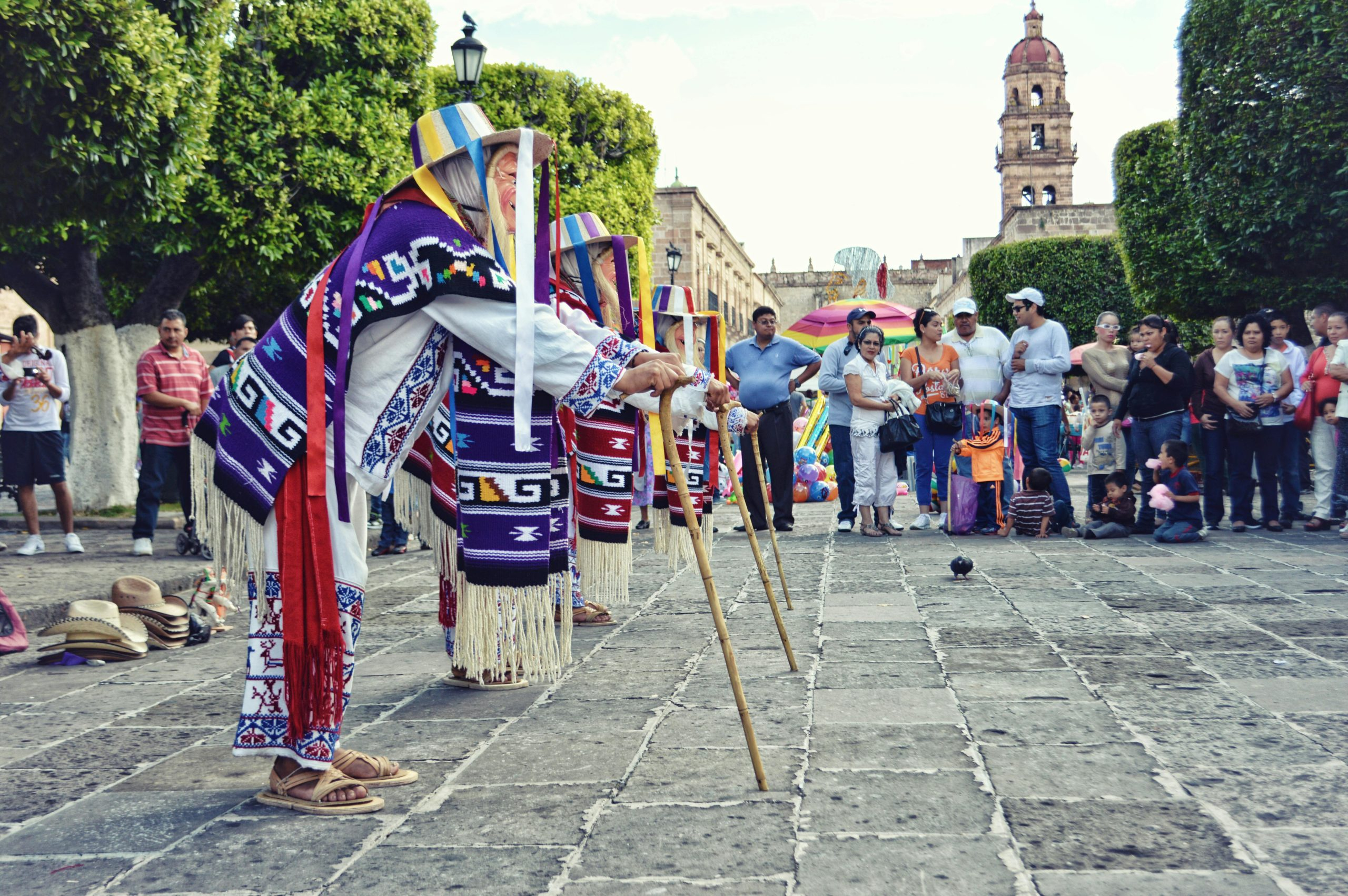The History and Cultural Significance of Traditional Recipes
Traditional recipes are more than just a list of ingredients and instructions to follow – they are a representation of a culture’s history, values, and way of life. Passed down from generation to generation, traditional recipes hold a significant place in our society and are often deeply connected to our cultural identity.
The Roots of Traditional Recipes
The concept of traditional recipes can be traced back to the earliest civilizations, where food was not just a means of sustenance, but also a way of celebrating and preserving culture. As people migrated and settled in different regions, they adapted to the local produce and flavors, creating unique and distinct dishes that have stood the test of time.
The Cultural Significance of Traditional Recipes
Preserving Heritage
Traditional recipes serve as a link to our past, reminding us of our ancestors and their way of life. These dishes are a tangible expression of our shared history and help us stay connected to our roots, even as society evolves.
Passing Down Knowledge
Many traditional recipes are passed down through oral traditions, with older generations teaching younger ones the time-honored techniques and secrets. This not only ensures the preservation of the recipe but also fosters a sense of community and family bonding.
Celebrating Festivals and Rituals
In many cultures, traditional recipes are an integral part of festivals, ceremonies, and rituals. These dishes often have symbolic significance and are prepared and shared with loved ones to mark special occasions.
The Evolution of Traditional Recipes
While traditional recipes are deeply rooted in the past, they are by no means stagnant. As with any aspect of culture, these dishes have evolved over time, incorporating new ingredients, techniques, and flavors.
Migrations, invasions, and trade have all played a significant role in shaping traditional recipes. For example, dishes like curry, which are now closely associated with Indian cuisine, have a history of influence from Arabic, Persian, and European cuisines.
Keeping Traditional Recipes Alive
With the rise of globalization and the spread of fast food chains, traditional recipes are at risk of being forgotten. However, there has been a recent resurgence in interest for these dishes, with many people realizing their cultural and historical significance.
Chefs and home cooks alike are now putting a modern twist on traditional recipes, making them more accessible and appealing to a wider audience. The popularity of food tourism has also played a role in keeping traditional recipes alive, with people traveling to try authentic dishes from different cultures.
In Conclusion
Traditional recipes are more than just food – they are a celebration of culture, heritage, and identity. They have stood the test of time and continue to evolve, reflecting the ever-changing society we live in. So the next time you savor a traditional dish, take a moment to appreciate the centuries of history and cultural significance behind it.











